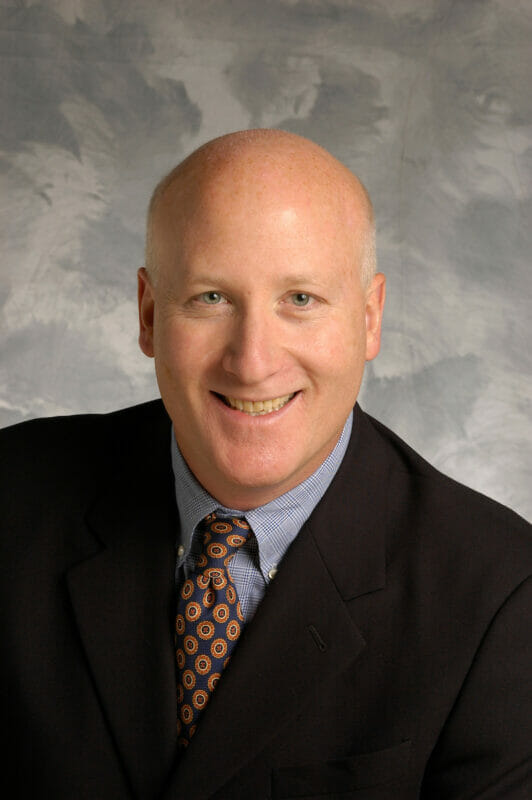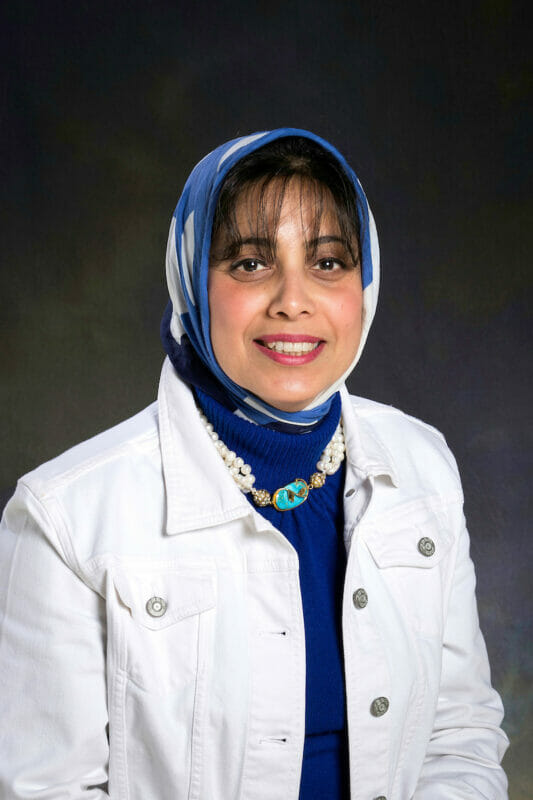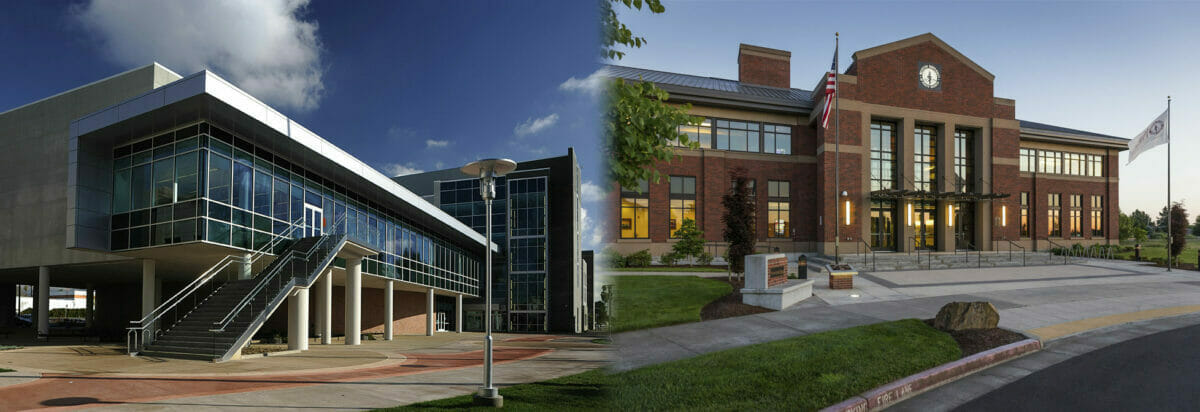
Population Health Science
Population Health Science
Established in 2018, the Department of Population Health Science is part of the College of Osteopathic Medicine of the Pacific (COMP) & COMP-Northwest. Our mission is to help prepare health care providers as leaders dedicated to exploring the contextual factors that influence the health and wellbeing of populations, and to help design and implement policies and systems that enhance longevity and quality of life. The department is home to a diverse array of faculty spanning three Sections that encompass Community Health, Global Health, and Health Policy and Management.
The Department of Population Health Science and Claremont Graduate University’s (CGU) School of Community and Global Health have designed the DO/MPH dual enrollment program at CGU for WesternU/COMP students who wish to acquire a deeper understanding of the history, organization, philosophy, and theories that undergird public health practice and research. The MPH degree also provides an enhanced appreciation for the myriad social determinants of health, the importance of community-based health promotion interventions and program planning, as well as complexities of health services delivery. Learn more.
Departmental Contact
Mona Kotecha
mkotecha@westernu.edu
Faculty & Staff
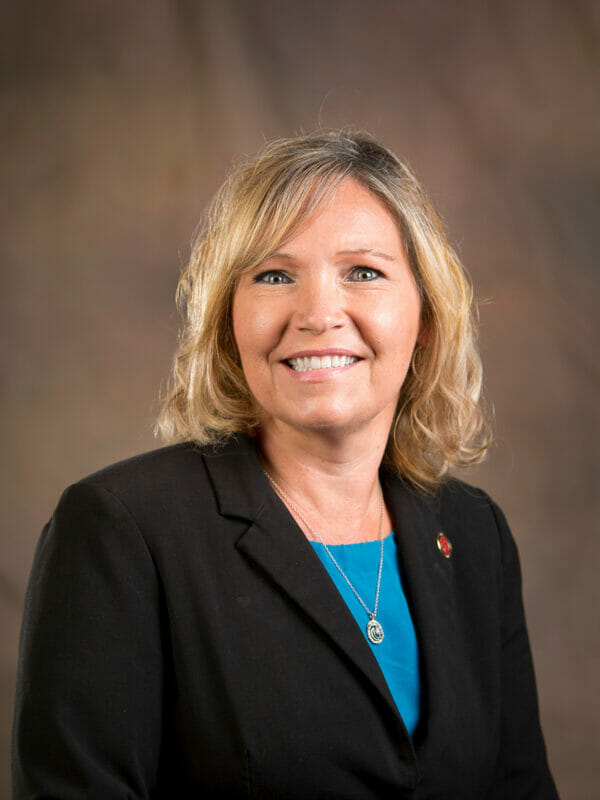
Jeannie Davis, EdD
COMP-Northwest
Co-Chief, Section of Community Health
Assistant Professor of Population Health Science
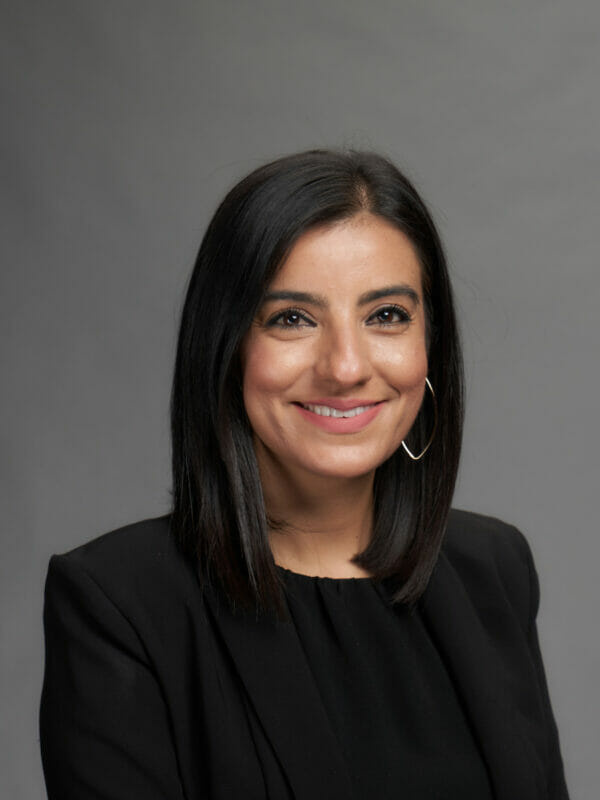
Helen Musharbash, MS
Academic Affairs
Co-Chief, Section of Community Health
Director, Educational Partnership & Outreach Strategic Alliances
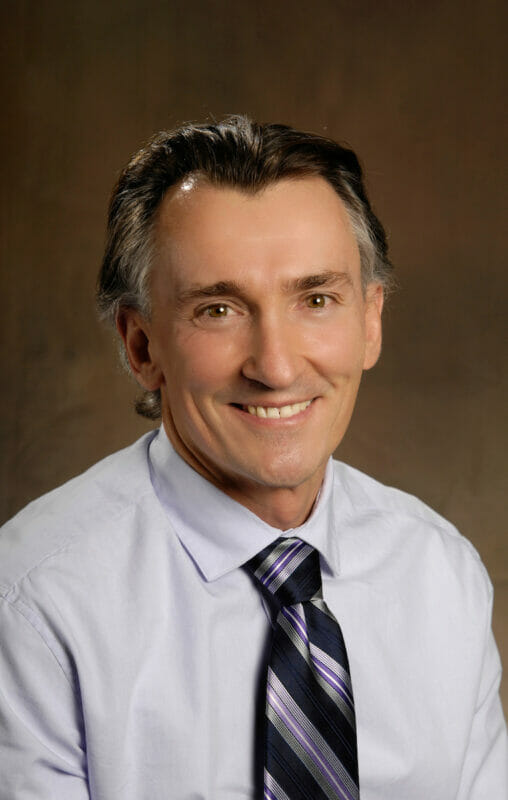
Marcel P. Fraix, DO, MBA, FAAPMR
COMP
Chief, Section of Health Policy & Management
Associate Dean, Admissions & Enrollment
Chair & Professor of PM&R
Section of Health & Social Behavior
- Paula Palmer, PhD
- Darleen Peterson, MPH, PhD
- Bree Hemingway, MPH, PhD
- C. Anderson Johnson, PhD
- Yusuke Shono, PhD
- Alan Stacy, PhD
- Bin Xie, PhD
Section of Community Health
Section of Global Health
Section of Health Policy & Management
Support Staff
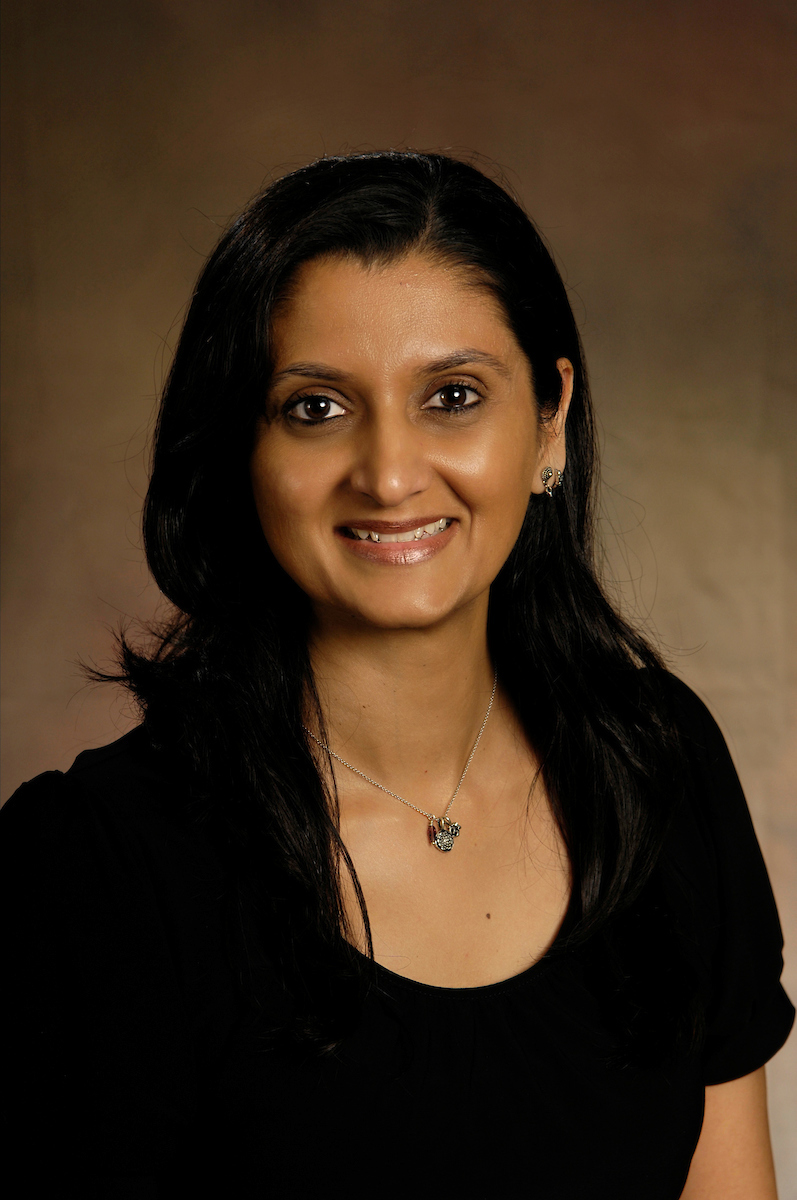
Mona Kotecha, BS
The Section of Global Health embodies the principles of population health on a global scale. A OneHealth philosophy leverages education, research, and service to cultivate 21st century leaders, improve overall health outcomes, promote health equity for vulnerable populations around the world. Faculty actively connect a diverse network of partners across all colleges, the nation, and the world to harness innovative and integrative approaches to global health challenges.
About
The Section of Global Health is committed to addressing health disparities locally and globally through education, research, and service. Established in 1989 as the International / Cross Cultural Program for COMP, the Section of Global Health serves as a catalyst of local and international activities for the Department of Population Health Science, College of Osteopathic Medicine of the Pacific. We facilitate the development and implementation of collaborative partnerships and interdisciplinary linkages across campus and beyond to improve health outcomes around the community and the world.
Mission
The Section of Global Health promotes a multicultural and interprofessional learning environment. The One World-One Health concept fosters patient, community, student and faculty interests in issues that bridge human, animal and environmental health at the global and local levels. We aim to accomplish these goals by addressing community health needs, education, training and research, and by promoting a culture of service.
Vision
The Section of Global Health at Western University of Health Sciences will be nationally and globally recognized for promoting interprofessional education, clinical practice and research encompassing “One World-One Health”. The Section will advance human, animal and environmental health issues at the global, national, and local levels.
Global health Services and Activities
Western University of Health Sciences is uniquely positioned to provide integrated solutions, education, and expertise on issues surrounding global health through a collaborative effort involving the College of Osteopathic Medicine of the Pacific, COMP – Northwest, College of Graduate Nursing, College of Veterinary Medicine, College of Allied Health, College of Pharmacy, College of Dental Medicine, College of Optometry, & College of Podiatric Medicine. Ours is a truly interdisciplinary approach to assessing and improving the health of people, animals, and the environment around the world.
Global Health Services include:
Global Health Track: The Global Health Track is an optional educational opportunity that allows students to engage in an active learning environment over an elongated period. It provides a broad overview of insights into the challenges currently facing health globally and locally. The track is composed of experiential training, which allows the student to combine traditional learning methods with firsthand immersion. Students will come to understand that solving global and community health problems require the input of multiple disciplines.
International Health Elective Rotations: Students may elect to do an international health rotation from 4-8 weeks duration during their 4th year. WUHS students have rotated through sites in numerous countries including Mexico, Germany, England, Morocco, Ecuador, India, Papua New Guinea, and more! Students can research international rotation options through websites such as
- Child Family Health International
- Adventure Education Center (AEC) in Costa Rica
- DOCare International
Complete the COMP International Rotation application
Summer International Outreach: Students arrange summer opportunities organized by the Global Health Club that will be supervised and coordinated by a clinical faculty member. Students and faculty will follow guidelines established by the University Student Affairs and Risk Management.
Students Exchanges and Visiting Scholars Programs: The Section of Global Health is a designated coordinator for exchange students’ program through the AMSA student club and the Family Medicine department for a non-degree education and training in Family Medicine. IFMSA Exchange offered by AMSA is a great way to utilize clinical skills and learn medical practice in a foreign country. Exchanges are usually 1-2 weeks in length and take place during the summer after student’s first year at WesternU. These exchanges involve shadowing doctors at foreign hospitals in a variety of departments, networking with students from AMSA organizations at their exchange sites, travelling on weekends.
The Founder
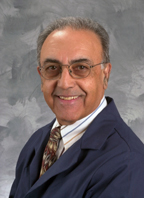 College of Osteopathic Medicine of the Pacific Professor Emeritus Rafi Younoszai, PhD, has retired in 2009 after serving Western University of Health Sciences for more than 30 years. Along the way, he helped countless students and created community service student clubs that continue to thrive today, and he continues to inspire others to travel abroad to learn more about international medicine. He came to the College of Osteopathic Medicine of the Pacific in its infancy, driven by a great desire to teach. Osteopathic medical colleges were known to support good teaching, Younoszai said, and he also wanted to return to California, having earned his undergraduate degree at UC Berkeley. Nadir Khan, PhD, then Dean of Sciences, hired Younoszai and Gayle Nelson, PhD, on July 1, 1979. They both taught gross anatomy to first and second-year students. “Dr. Younoszai took an embryonic program of anatomy from conception to adulthood. He brought new academic standards in anatomy laboratory exercises and specimen preparation, and he established the basis for the current anatomical museum,” said WesternU Founding President Philip Pumerantz, PhD. “Equally important, he has served as a role model to generations of osteopathic physicians and students and to his colleagues. Although he is retiring, he will always be a valued member of our WesternU family.” COMP was in an outdoor mall, with one lecture hall, no individual faculty offices and one dean and one receptionist, Younoszai said. COMP was mainly made up of non-traditional students – they were older, had been in the workforce for a while, and needed a change. “They wanted to become physicians,” Younoszai said. “They were dedicated people. They knew what they wanted and made up their minds. They were devoted people, hard-working and compassionate people.” Younoszai attended the 1988 National Council for International Health (NCIH) meeting in Washington, D.C. NCIH at that time was celebrating the 10-year anniversary of successes in its Primary Health Care (PHC) projects in many developing countries. The definition of primary health care at that time was also how osteopathic medicine defined itself, Younoszai said. At that conference, faculty from allopathic medical schools sending students abroad to learn about primary health care formed the Global Health Education Consortium (GHEC). The need for Academic Health Centers in the U.S. to provide health care to surrounding communities was also called for during the meeting, Younoszai said. In response, Younoszai helped COMP create the Pomona Community Health Action Team (PCHAT), which has been providing basic health screenings to the Pomona community since 1995. Pomona Homeless Outreach Project (PHOP) was established soon after. Both projects are student-run, supervised by COMP physicians, and are now part of the students’ service-learning curriculum activities. “It is through service learning that students learn to identify the community and its needs, how to provide for unmet needs, to reflect on their civic responsibilities, and how to interact with students from other professions,” Younoszai said. “Service learning provides them interprofessional skills for their future medical homes.” Younoszai established the Rafi Younoszai Fourth Year Elective in International Health, an endowed scholarship that covers some travel expenses for the recipient’s international rotation. “I believe that our existing health care system does not provide adequate and equitable health care to our needy communities,” Younoszai said. “Primary health care models in developing countries can become models of the medical home concept presently becoming more popular in California. This could bring down the cost of health care and make it more equitable. We need primary care physicians to attend the needs of these communities in the U.S. Providing opportunities for our students to practice in primary health care clinics in developing countries will, I believe, help train and entice our students to serve in needy communities locally.”
College of Osteopathic Medicine of the Pacific Professor Emeritus Rafi Younoszai, PhD, has retired in 2009 after serving Western University of Health Sciences for more than 30 years. Along the way, he helped countless students and created community service student clubs that continue to thrive today, and he continues to inspire others to travel abroad to learn more about international medicine. He came to the College of Osteopathic Medicine of the Pacific in its infancy, driven by a great desire to teach. Osteopathic medical colleges were known to support good teaching, Younoszai said, and he also wanted to return to California, having earned his undergraduate degree at UC Berkeley. Nadir Khan, PhD, then Dean of Sciences, hired Younoszai and Gayle Nelson, PhD, on July 1, 1979. They both taught gross anatomy to first and second-year students. “Dr. Younoszai took an embryonic program of anatomy from conception to adulthood. He brought new academic standards in anatomy laboratory exercises and specimen preparation, and he established the basis for the current anatomical museum,” said WesternU Founding President Philip Pumerantz, PhD. “Equally important, he has served as a role model to generations of osteopathic physicians and students and to his colleagues. Although he is retiring, he will always be a valued member of our WesternU family.” COMP was in an outdoor mall, with one lecture hall, no individual faculty offices and one dean and one receptionist, Younoszai said. COMP was mainly made up of non-traditional students – they were older, had been in the workforce for a while, and needed a change. “They wanted to become physicians,” Younoszai said. “They were dedicated people. They knew what they wanted and made up their minds. They were devoted people, hard-working and compassionate people.” Younoszai attended the 1988 National Council for International Health (NCIH) meeting in Washington, D.C. NCIH at that time was celebrating the 10-year anniversary of successes in its Primary Health Care (PHC) projects in many developing countries. The definition of primary health care at that time was also how osteopathic medicine defined itself, Younoszai said. At that conference, faculty from allopathic medical schools sending students abroad to learn about primary health care formed the Global Health Education Consortium (GHEC). The need for Academic Health Centers in the U.S. to provide health care to surrounding communities was also called for during the meeting, Younoszai said. In response, Younoszai helped COMP create the Pomona Community Health Action Team (PCHAT), which has been providing basic health screenings to the Pomona community since 1995. Pomona Homeless Outreach Project (PHOP) was established soon after. Both projects are student-run, supervised by COMP physicians, and are now part of the students’ service-learning curriculum activities. “It is through service learning that students learn to identify the community and its needs, how to provide for unmet needs, to reflect on their civic responsibilities, and how to interact with students from other professions,” Younoszai said. “Service learning provides them interprofessional skills for their future medical homes.” Younoszai established the Rafi Younoszai Fourth Year Elective in International Health, an endowed scholarship that covers some travel expenses for the recipient’s international rotation. “I believe that our existing health care system does not provide adequate and equitable health care to our needy communities,” Younoszai said. “Primary health care models in developing countries can become models of the medical home concept presently becoming more popular in California. This could bring down the cost of health care and make it more equitable. We need primary care physicians to attend the needs of these communities in the U.S. Providing opportunities for our students to practice in primary health care clinics in developing countries will, I believe, help train and entice our students to serve in needy communities locally.”
The Section focuses on education and research as it relates to the management, leadership, and administration of health care systems, both public and private. This includes policy pertaining to insurance and reimbursement, access to care and health equity, and the financing of healthcare. It also aims to understand how leadership of health care systems and the government at the state and federal levels influence the delivery of health care.
OVERVIEW
The Section of Community Health strengthens medical education by integrating classroom knowledge and community service, building compassionate medical leaders through interdisciplinary teamwork that improves overall community health and the health of at-risk and underserved populations.
The Section of Community Health explores developing and implementing effective approaches to health promotion and disease prevention at the community level in rural and urban geographical regions. Areas of emphasis include preventing chronic diseases and promoting healthy women, infants, and children. This Section works in partnership with many community-based organizations, and with state and city health departments, to develop programs that span multiple sectors, including community-based early childhood education settings and schools, primary care, housing, and community settings, including faith-based organizations and social service providers.
The scholarly area focuses on the development of knowledge and skills necessary for addressing health challenges of diverse and underserved communities. Curriculum topics include cultural competencies and organizing strategies necessary for working in diverse communities drawing upon the resources and needs of the following community organizations:
- Lumina Hospice
- Boys and Girls Club
- CHANCE CHEF
- Lebanon Fire District
- LHCL
- Lebanon Senior Center
- Lebanon Soup Kitchen
- VA Home
- Planting Seeds of Change
- Public Health School district
- Special Olympics
- The Oaks
- Willamette Manor
PROGRAM DESCRIPTION
Community Health is one of six sections in the Department of Population Health. Students are exposed to the important social and environmental determinants of health and develop skills in community assessment, evaluation, and research. The Community Health curriculum empowers future Osteopathic physicians to improve the health of diverse communities and reduce health inequities through innovative scholarship and direct community engagement.
Students will engage in rigorous and longitudinal community experiences with established community partners to assess and reduce health inequities among local underserved communities.
Requirements
COMP/COMP-Northwest supports the idea of the physician is a “servant-leader”. To support that goal, all COMP/COMP-Northwest students to complete 30 hours of community service. Each student will sign-up to five different projects and will be randomly assigned to one of them. This is a program requirement and must be fulfilled in order to obtain the DO degree.
Electives
For students interested in additional experiential educational programs that are organized around a specific theme of interest The Longitudinal Tracks programs offer the following programs:
- The Lifestyle Medicine Track
- Longitudinal Chronic Care Course (LC3)
- Biomedical & Clinical Research Track
- Global Health Track
- Rural Health Track (COMP-NW only)
- Business in Medicine Track
- Applied Anatomy Track
- H-art of Medicine Track (COMP only)
- Health, Justice & Equity Track (Pomona only)
COURSE WORK
Community Service Learning Coursework
- During the first three semesters of the medical school, students will be required to complete 30 hours of Community Service Learning (CSL) and submit a Reflection Paper
- A total of 30 hours is required during the first three semesters (fall and spring of 1st year and fall of 2nd year). If the assigned project fails to provide the required number of hours, students must contact the Director of service learning projects as early as possible to be reassigned to another project
- The Reflection Paper concerning the students’ assigned project and an evaluation of the project. The reflection paper should be between 1 to 2 pages in length- single spaced.
- A list of students completing the requirements will be submitted to the Registrar’s office as documentation of fulfillment of the graduation requirement.
Track Electives Coursework
- Distinction tracks are educational paths that help students at pursue interests in global health, lifestyle medicine, rural health, or research. These tracks integrate with the basic curriculum, and enrich it through special clinical, academic and research opportunities.
- Students are expected to complete the requirements of their selected Track according to the schedule below in order to remain in good standing in the Track.
- FIRST AND SECOND YEAR Lecture and workshop-based experiences from outside presenters and track faculty that cover track specific principles.
- THIRD AND FOURTH YEAR Implementation and completion of a capstone project or participation in rotation that allows for real-life experience and a better understanding of the selected track concepts introduced in the first two years.
COMMUNITY PROJECTS
Community Service Learning Projects
- Boys and Girls Club: working with community youth with positive life-changing information leading to a healthy productive future and life.
- Planting Seeds of Change: students assist school educators and community members as they teach students about sustainable gardens, the farmers market, and how to cook what is grown. Students work alongside students as they plant, grow, harvest, and then consume the produce in their schools cafeteria.
- Community Schools: working with Community Schools and creating and delivering exercise classes, nutrition and health information, mini-medical school classes, one-on-one tutoring, personal mentoring and medical school tours to encourage youth to graduate and attend college.
- Homeless Shelter: work with guests to prepare and serve meals, work in the thrift store, on the 9-acre farm, or wood lot providing educational workshops on healthy lifestyles topics.
- Health Career Ladder: work with local youth in grades 6 – 12 and their parents on the importance of attending college and future opportunity’s in healthcare professions.
- Lebanon Fire District: students who have served as an EMT, Fire Fighting or First Responder are eligible for this service learning project to perform various volunteer activities throughout the community.
- Soup Kitchen: assist in the cooking and serving food to the community
- Hospice Service: to provide care and support for individuals, and families facing serious illness or end-of-life.
- Assisted Living Facilities: assistance with daily living tasks for senior and disabled persons.
- Special Olympics: assist with year-round sports training and athletic competition in a variety of Olympic-type sports for children and adults with intellectual disabilities.
- Public Health: assist with health assessments and improvement plans to address the health needs of the community.
- Veterans Home: work with veteran residents to maximize normal living environments and routines, and a sense of community, and quality of life
TRACK ELECTIVES
Longitudinal Track Electives
The Lifestyle Medicine Track
Students acquire skills in nutrition, exercise and stress management education through innovative hands-on training.
Longitudinal Chronic Care Course (LC3)
Students are paired with a patient living with a chronic disease to experience healthcare through their patients’ eyes.
Biomedical & Clinical Research Track
Students acquire skills necessary to conduct scientific studies and participate in laboratory, clinical or osteopathic manipulative medicine (OMM) research projects under a mentor of their choice.
Global Health Track
Students gain an understanding of why global health initiatives have the potential to reduce poverty, build stronger economies and promote peace.
Rural Health Track
Students learn about issues pertinent to the practice of medicine and addressing issues of population health in rural and/or underserved communities.
Business in Medicine
Students are introduced to business skills necessary to understand healthcare delivery systems, lead multidisciplinary teams and apply data analytics.
Applied Anatomy Track
The focus of the track will be educating students about the various facets of surgical practice, procedures-based medicine and proper technique common to interventional medical practice.


